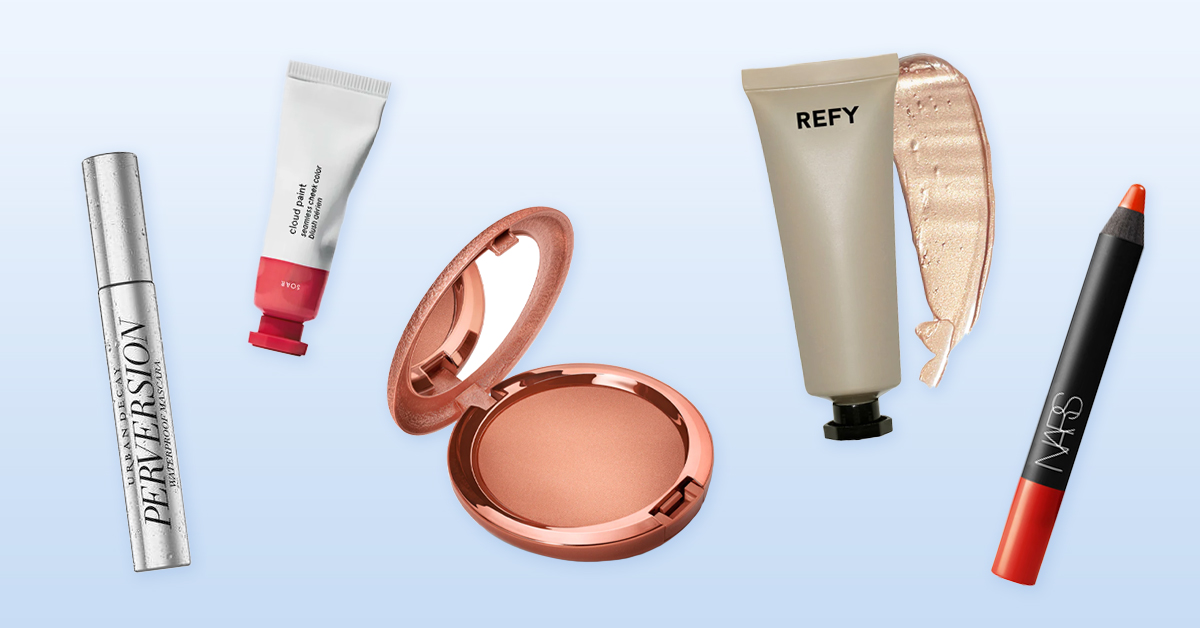Why you shouldn’t use penis stickers as contraception
If you’re looking for an alternative to condoms, then you might have heard of Jiftip. It’s marketed to those who want all the sensation that condom-free (“bareback”) sex offers but none of the risks of pregnancy.
What is a Jiftip?
A sticker designed for wear on the glans of a man’s penis, Jiftip consists of two layers. The first layer is polyurethane film, and the second layer is an adhesive used in skin bandages. These work to confine ejaculate sperm in the wearer’s urethra, which according to Jiftip’s developers, is flexible enough to hold fluid without harm.
Jiftip vs. condoms
Unlike condoms, Jiftip doesn’t protect against sexually transmitted diseases, and its effectiveness against pregnancy is unknown. Its creators offer no guarantees that the Jiftip will work at all. In fact, Jiftip requires that men withdraw before ejaculating.
Condoms, on the other hand, are scientifically proven to protect against pregnancy and sexually transmitted diseases. In fact, with proper use, condoms are 98% effective against pregnancy, and they significantly reduce the risk of contracting sexually transmitted infections. While some complain that condoms reduce the sensation of sex, there are ultra-thin condoms on the market that help improve sensation.
The right tips for his tip
Experts agree that you should steer clear of Jiftips. Their effectiveness hasn’t been proven. Even the creators state that you shouldn’t use Jiftips as reliable contraception. They say that the risk of pregnancy is unknown. You still have to use the withdrawal method when using a Jiftip sticker.
Where the rubber meets the road
Regardless of which method of contraception you use, you should always practice safe sex, which includes:
1. Fitting for a condom before penetration
Incorporate safe sex practices into your sexual routine, such as putting on condoms together rather than interrupting sex.
2. Establish boundaries and deal-breakers
Make it clear with your partner from the outset where you’re willing to go and where you aren’t.
3. Share the STD burden
It should be mutually understood that you will practice safe sex together.
4. Speak openly and honestly about safe sex and your sexual history
Broaching such subjects can be difficult at first. But once you become more comfortable doing so, you’ll find you’re safer at sex.
5. Discuss your sexual history with a new partner before intimacy
Likewise, they should be open about their sexual history, including any history of sexually transmitted diseases.
6. Go for routine check-ups that screen for a wide variety of sexually transmitted diseases
Especially if you have a new partner.
7. Get proper testing and explore contraceptive options that include IUDs, birth control pills, and the sponge
Ensure your partner is on the same page as you.
8. Perform self check-ups in your genital region regularly
See a doctor right away if you notice any lumps, rashes, or bumps.
Jiftip is no shortcut
Bottom line: steer clear of Jiftips and instead opt for contraceptive methods that have been proven to be safe and effective.
References
- “Doctors Warn Against Using Jiftip Contraceptive Stickers,” Ask Men, August 4, 2017.
- “‘Jiftip’ Wants to Be an Alternative for Condoms, but Experts Say Hold Your Horses,” NBC News, August 8, 2017.
- “Nope, You Probably Shouldn’t Seal Your Penis Shut With a Sticker Instead of Using a Condom,” Health, August 8, 2017.
- “Should You Seal Your Penis Shut With a Jiftip Sticker During Sex? It’s Risky, Doctor Says,” USA Today, August 3, 2017.
















